Balancing economic growth with environmental sustainability is more urgent than ever. Sustainable Development has become a central focus for businesses, governments, and individuals. Advertisers play a crucial role in guiding consumers toward eco-friendly choices and practices as the global economy evolves.
Sustainable Development is no longer just a buzzword; it has become a fundamental part of global economic strategies. Companies are increasingly incorporating environmental sustainability into their business models to meet the growing demand for responsible consumption. Consumers are more aware of their environmental impact, prompting a shift in the market toward sustainable products and services.
Role of Advertisers in Sustainability Public Perception
Advertisers play a significant role in shaping public perception and behavior regarding sustainability. Through creative campaigns, they have the power to influence how people think about and engage with sustainable practices. By promoting products and brands that prioritize environmental sustainability, advertisers can raise awareness about sustainable development and encourage eco-friendly choices. This, in turn, helps shape consumer behavior towards more environmentally conscious decisions.
Advertising can act as a catalyst for social change by emphasizing the benefits of sustainable living. It can highlight innovative solutions to environmental challenges, making sustainability more accessible to a broader audience. By focusing on the value of sustainable products, advertisers can drive consumer demand for eco-friendly alternatives, ultimately leading to positive impacts on both the planet and society.
Defining Sustainable Development and Its Key Goals
Sustainable Development is a holistic approach aimed at meeting the needs of the present without compromising the ability of future generations to meet their own needs. Its key goals include:
- Environmental Protection: Ensuring the conservation and sustainable use of natural resources.
- Social Equity: Promoting fairness and equal opportunities for all, fostering inclusive growth.
- Economic Growth: Encouraging sustainable economic practices that contribute to long-term prosperity without harming the environment.
The Growing Expectation for Businesses and Advertisers to Promote Sustainability
As awareness of environmental issues rises, consumers now expect businesses to take responsibility for their impact on the planet. Here are some ways advertisers can do that.
- Integrate sustainability into their messaging and campaigns.
- Highlight eco-friendly practices and products, showcasing their commitment to sustainable Development.
- Align with consumer values, which increasingly prioritize environmental and social responsibility.
How Advertising Influences Consumer Attitudes and Behavior Toward Sustainable Choices
Advertising plays a pivotal role in shaping consumer attitudes and behaviors regarding sustainability. Key influences include:
- Awareness: Effective advertising campaigns can raise awareness about environmental issues and the importance of Sustainable Development.
- Framing: Advertisers can frame sustainable products as desirable and necessary, influencing consumer preferences.
- Behavioral Change: By promoting eco-friendly choices and practices, advertising can motivate consumers to adopt sustainable habits, contributing to a more sustainable future.
Promoting Eco-Friendly Products and Services
Advertisers play a crucial role in highlighting eco-friendly products and the practices of environmentally responsible companies. Their responsibilities include:
- Educating Consumers: Advertisers inform consumers about the benefits of green products, such as reduced carbon footprints and sustainable sourcing.
- Building Trust: By promoting transparency and ethical practices, advertisers help establish trust between consumers and brands committed to sustainability.
- Creating Demand: Advertisements that emphasize the value of eco-friendly products can stimulate consumer interest and demand, driving companies to adopt sustainable practices.
Examples of Successful Ad Campaigns Promoting Sustainable Living
Numerous ad campaigns have successfully promoted sustainable living, including:
1. Unilever’s Sustainable Living Campaign
Unilever has positioned itself as a leader in sustainability through its Sustainable Living campaign. This initiative emphasizes the company’s commitment to reducing its environmental footprint while enhancing social conditions globally. The campaign focuses on integrating sustainability into product development, supply chain management, and consumer engagement, encouraging businesses to adopt similar practices for long-term benefits1.
2. Patagonia’s “Don’t Buy This Jacket” Campaign
Patagonia’s iconic “Don’t Buy This Jacket” campaign is a prime example of promoting sustainability while fostering brand loyalty. By urging consumers to reconsider their purchasing habits, Patagonia not only highlighted the environmental impact of consumerism but also reinforced its commitment to sustainable practices. This campaign has inspired other businesses to adopt transparency and encourage responsible consumption among their customers1.
3. IKEA’s People & Planet Positive Campaign
IKEA’s People & Planet Positive strategy aims to inspire sustainable living among its customers and partners. The campaign focuses on three core areas: promoting healthy and sustainable living, transforming into a circular business, and ensuring fairness across its value chain. By setting ambitious goals such as becoming climate positive by 2030 and removing single-use plastics from its product range, IKEA encourages other businesses to follow suit in their sustainability efforts
The Impact of These Campaigns on Consumer Purchasing Decisions and Corporate Responsibility
Successful eco-friendly advertising campaigns have significantly influenced consumer behavior and corporate responsibility:
- Increased Purchases: Campaigns that effectively communicate the benefits of sustainable products often lead to increased sales, as consumers are more willing to support brands that align with their values.
- Enhanced Corporate Image: Companies that actively promote their sustainability efforts through advertising often enjoy a positive public perception and increased brand loyalty.
- Encouragement of Sustainable Practices: As consumers demand more eco-friendly options, companies are motivated to adopt responsible practices, fostering a culture of sustainability within the business sector.
Advertisers have a unique opportunity to educate audiences on Sustainable Development Goals (SDGs) through various channels. They can:
- Create Informative Campaigns: Advertisers can design campaigns that highlight specific SDGs, such as clean water and sanitation or responsible consumption and production.
- Utilize Digital Platforms: Social media, websites, and mobile apps can be powerful tools for disseminating information about sustainability, making it accessible to a broader audience.
- Engage Influencers: Collaborating with influencers who are passionate about sustainability can help reach targeted demographics and encourage meaningful discussions around the SDGs.
Shaping Corporate Brand Identity Around Sustainability
Advertisers play a pivotal role in shaping a brand’s identity, particularly in the context of sustainability. They can:
- Craft Compelling Narratives: By creating narratives that highlight a brand’s commitment to sustainability, advertisers can enhance its image and resonate with environmentally-conscious consumers.
- Develop Visual Identity: Sustainable branding often involves unique design elements that convey a brand’s values. Advertisers can ensure these elements are effectively integrated into all marketing materials.
- Promote Authenticity: Authenticity is crucial for building trust. Advertisers must accurately represent a brand’s sustainable practices and ensure messaging aligns with actual efforts.
To effectively promote sustainability, advertisers must align their strategies with the core values of the brand. This can be achieved through:
- Consistent Messaging: Advertisements should consistently reflect sustainability-focused values, ensuring that all communications reinforce the brand’s commitment to responsible practices.
- Targeted Campaigns: Developing campaigns that specifically address environmental issues can connect with audiences who prioritize sustainability, enhancing brand loyalty.
- Integrating Feedback: Engaging with consumers and adapting advertising strategies based on their feedback can help brands remain relevant and aligned with their target audience’s values.
Why Should Brands Partner with Events like Mint Sustainability Summit 2024
Partnering with the Mint Sustainability Summit 2024 provides brands with a unique opportunity to position themselves as leaders in sustainability. By aligning with a prestigious event focused on sustainable practices, brands can:
- Enhance Brand Image: Collaborating with the summit allows brands to showcase their commitment to environmental sustainability, helping to build trust and credibility among consumers.
- Reach Targeted Audiences: The summit attracts a diverse group of environmentally conscious attendees, offering brands a chance to connect with potential customers who prioritize sustainability in their purchasing decisions.
- Differentiate from Competitors: By actively participating in the summit, brands can stand out in a crowded marketplace, reinforcing their identity as sustainability advocates.
- Share Expertise: Brands can showcase their knowledge and innovations in sustainability through presentations, workshops, and panel discussions, positioning themselves as industry leaders.
- Build Industry Credibility: By participating in high-profile discussions, brands can enhance their reputation and authority in sustainability, influencing public perception and industry trends.
- Network with Influencers: The summit provides opportunities to connect with key thought leaders, media representatives, and sustainability experts, fostering valuable relationships that can lead to future collaborations.
- Policy Makers: Brands can interact with government representatives and policy makers who are shaping sustainability regulations and initiatives, providing insight into the future View of sustainable business practices.
- Industry Leaders: The summit brings together leaders from various sectors, enabling brands to share ideas, collaborate on initiatives, and develop partnerships that can drive collective progress toward sustainability.
Partnering with the Mint Sustainability Summit 2024 presents brands with a significant opportunity to enhance their sustainability positioning, establish themselves as thought leaders, and engage with influential stakeholders, ultimately driving positive change in their industries.
Ready to take your brand to the next level? Connect with us today to explore how HT Media can amplify your presence across our diverse portfolio of 25+ brands and properties. Let's turn your brand vision into reality!




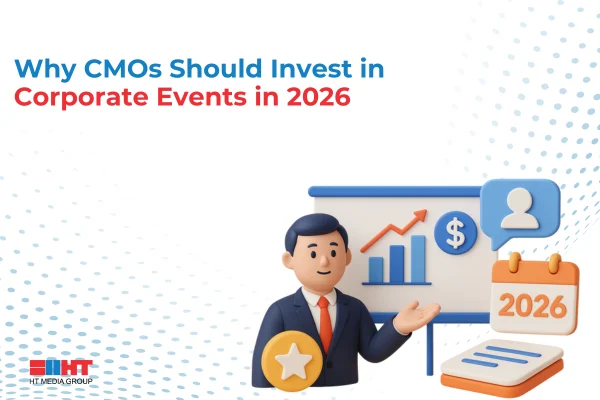
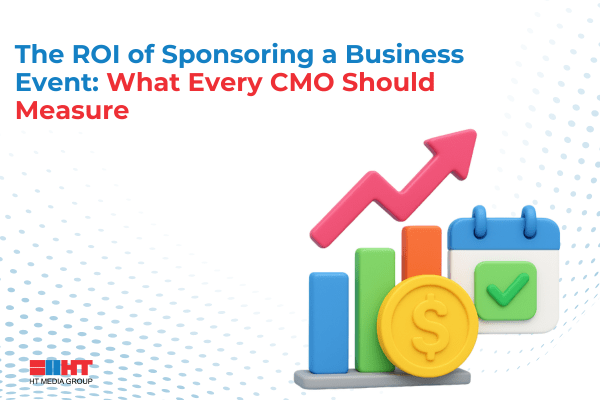

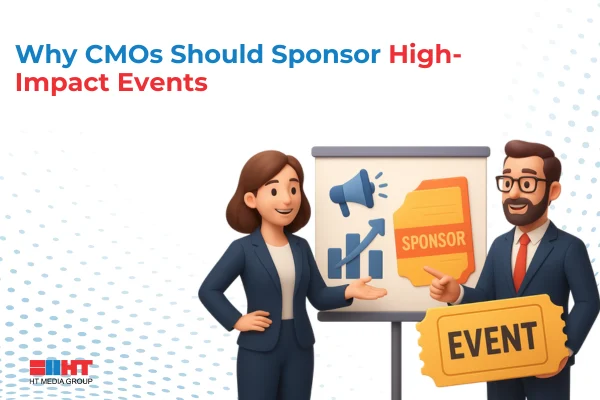
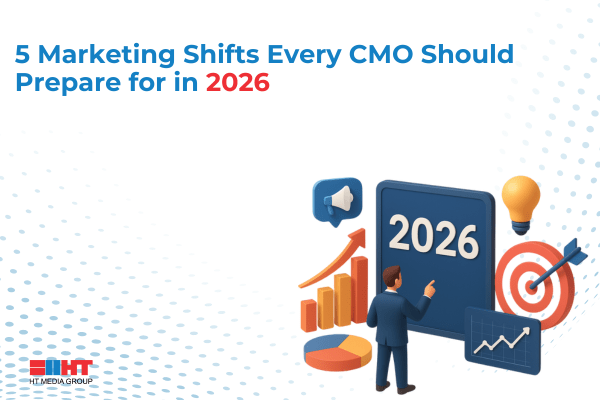
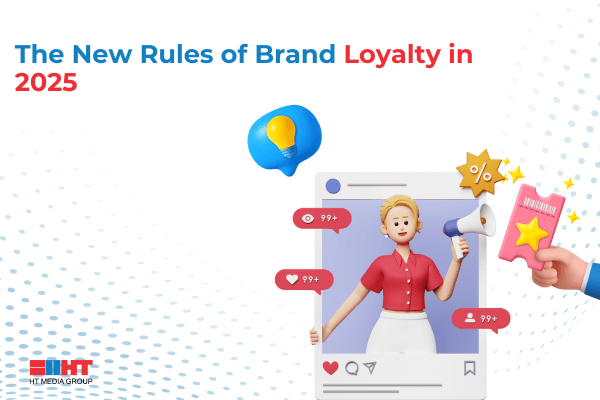
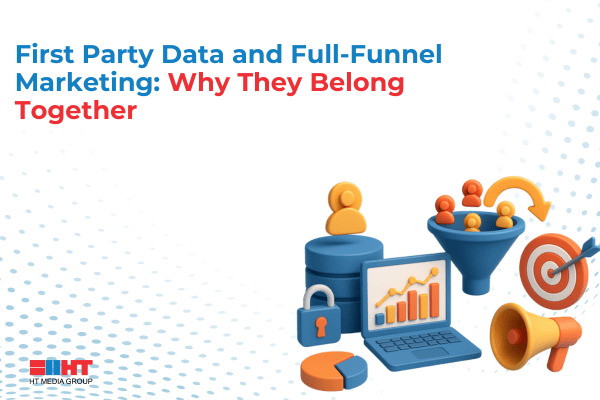
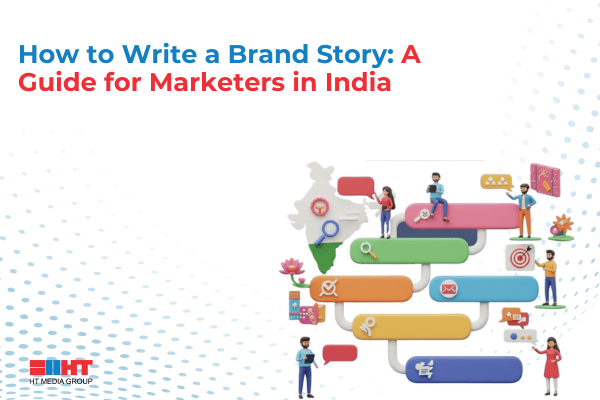

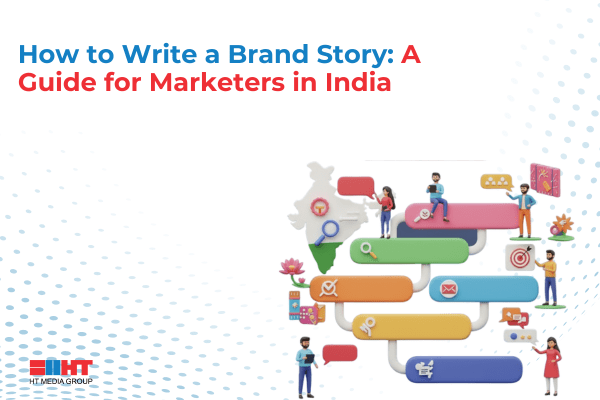
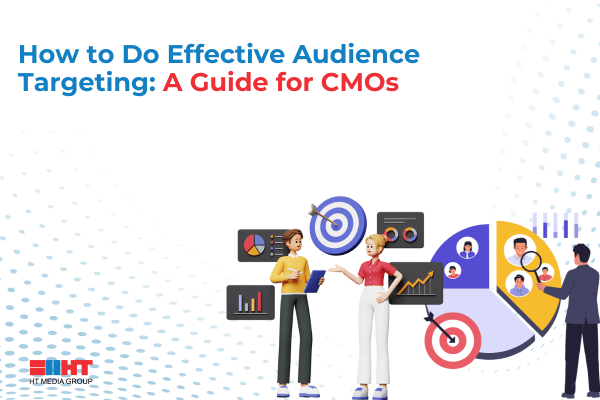
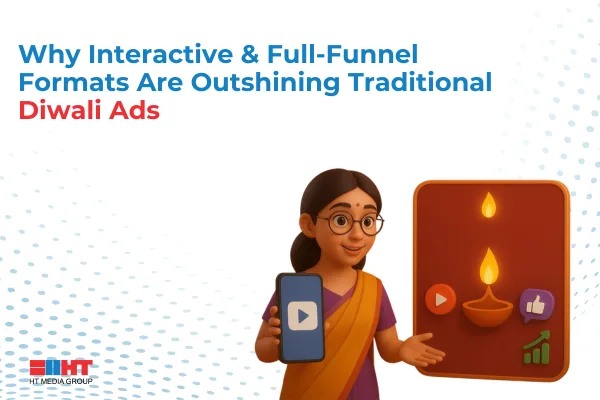

Comment